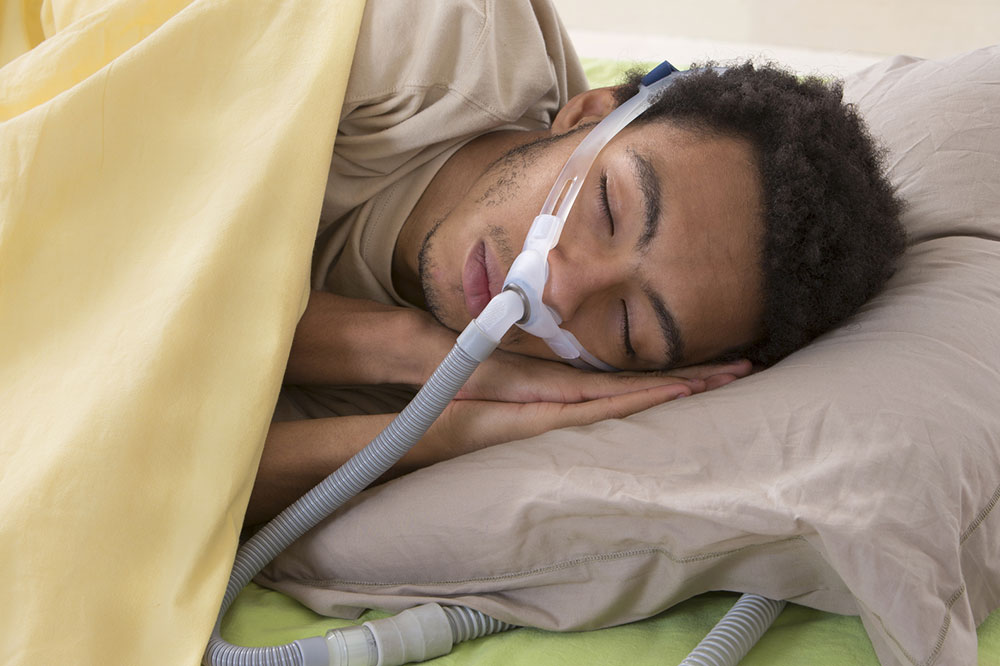
Home Remedies That Help Manage Sleep Apnea
Sleep apnea is a condition that occurs where the upper airways are partially blocked, resulting in difficult breathing. The patient doesn’t get an adequate amount of oxygen. This illness carries other symptoms like loud snoring, daytime sleepiness, dry mouth or sore throat, irritability, and headaches. If the illness isn’t treated in time, it could lead to mental health problems, weak immune system, memory loss, and increased risk of heart failure. Here are natural ways to manage sleep apnea.
Weight management
Obese people are at a higher risk of developing sleep apnea since the excess weight puts pressure on nasal passages, and the airflow is obstructed. This could lead to a sudden loss of breath while sleeping, and if the breathing is obstructed for a long period, the patient could wake up gasping for air or with a choking sensation.
Change your sleeping position
Sleeping on the back obstructs the airways and worsens the symptoms of sleep apnea. Doctors, therefore, recommend sleeping on the side. In fact, there are many tools like pillows and vests that ensure you don’t sleep on your back unintentionally in your sleep.
Raise the head of the bed
When sleeping on the side is not an option for you, try sleeping with your head at an angle of 60 degrees to manage the symptoms of sleep apnea. If you have a bed that adjusts the headrest, then that’s great, else use a body wedge that helps keep the head elevated or stack pillows under your head to achieve the same result. This angle helps clear the airway for breathing and prevents symptoms like shortness of breath, snoring, and induces better quality of sleep.
Invest in a humidifier
Dry air can irritate the already sore throat and the respiratory system, causing more trouble in breathing. A humidifier adds moisture to the air, which aids in better breathing, especially if you reside in areas with dry weather. The moisture in the air aids in reducing congestion, promoting a better quality of breathing. One can choose to add essential oils to the humidifier if you’re used to aromatherapy.
Adopt a healthy lifestyle
Along with managing weight, indulge in a healthier lifestyle by avoiding alcohol and smoking. Smoking is a risk factor of sleep apnea as it causes inflammation in the respiratory tract and lungs, and alcohol further relaxes the throat muscles that control the breathing and causes more snoring and obstructed breathing at night. Weight management and a healthy lifestyle are the two commonly recommended natural ways of managing sleep apnea.
Exercise
This is an extension of adopting a healthy lifestyle, but we separately mention this point for its benefits. Regularly engaging in active exercises offers a lift in energy levels and has a significant impact on mental and emotional health. Combining exercising with yoga is a great idea as practicing breathing exercises will clear the airway and promote better oxygen circulation. Getting some exercise and following a healthy diet are the most common natural ways to manage sleep apnea.


